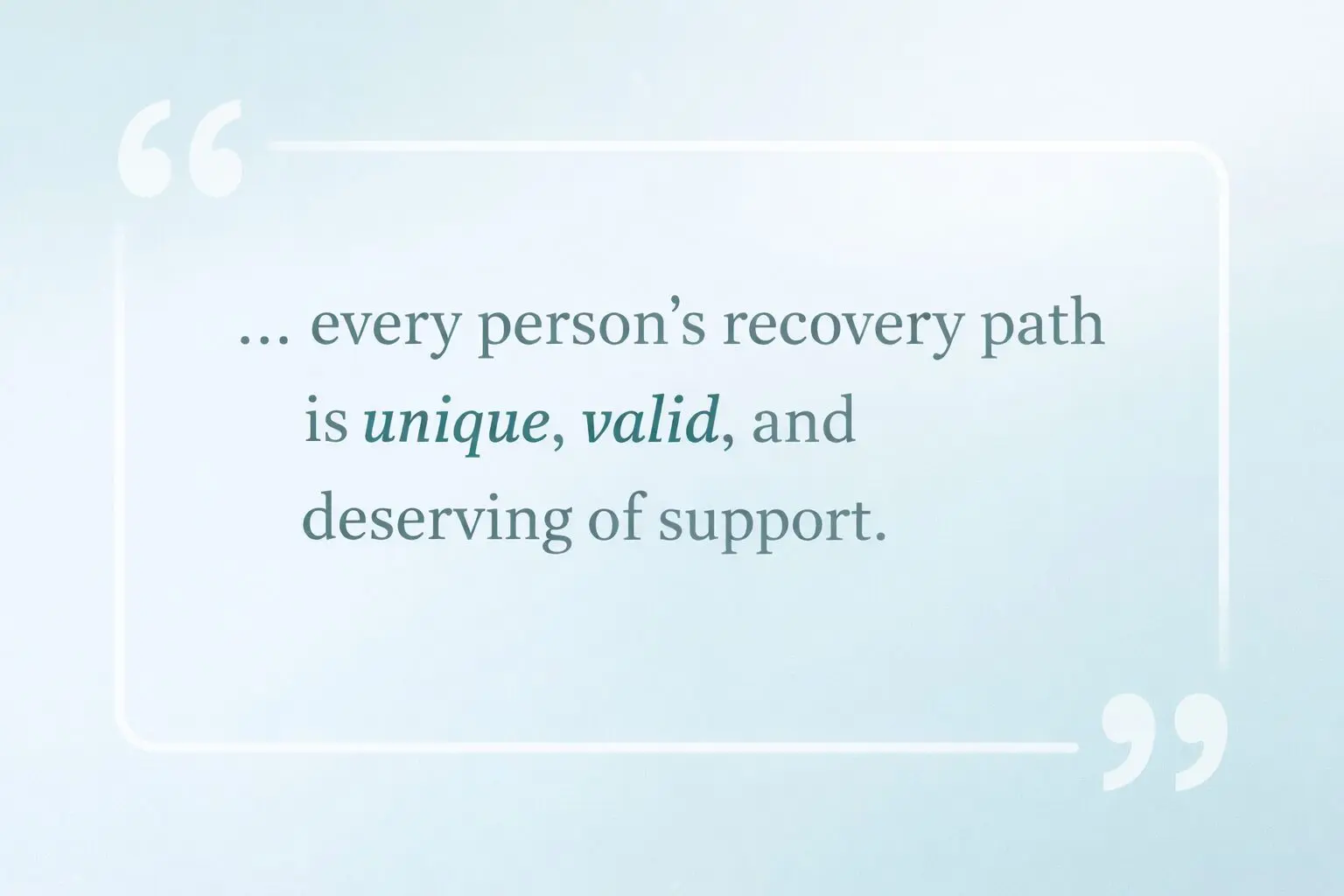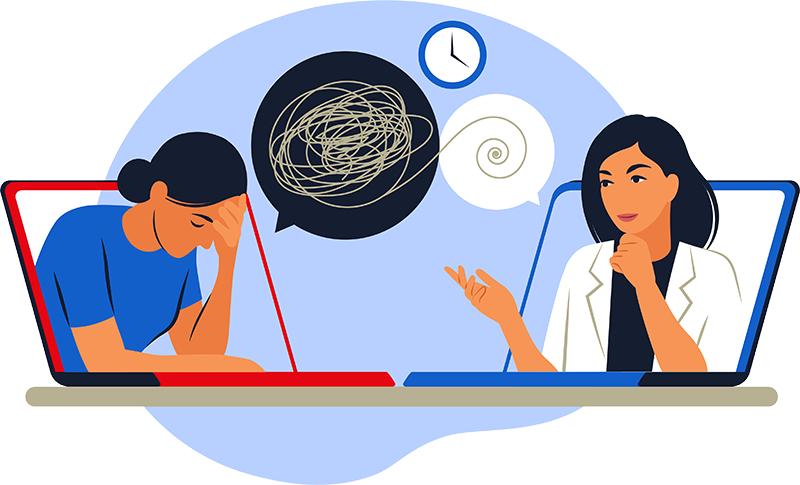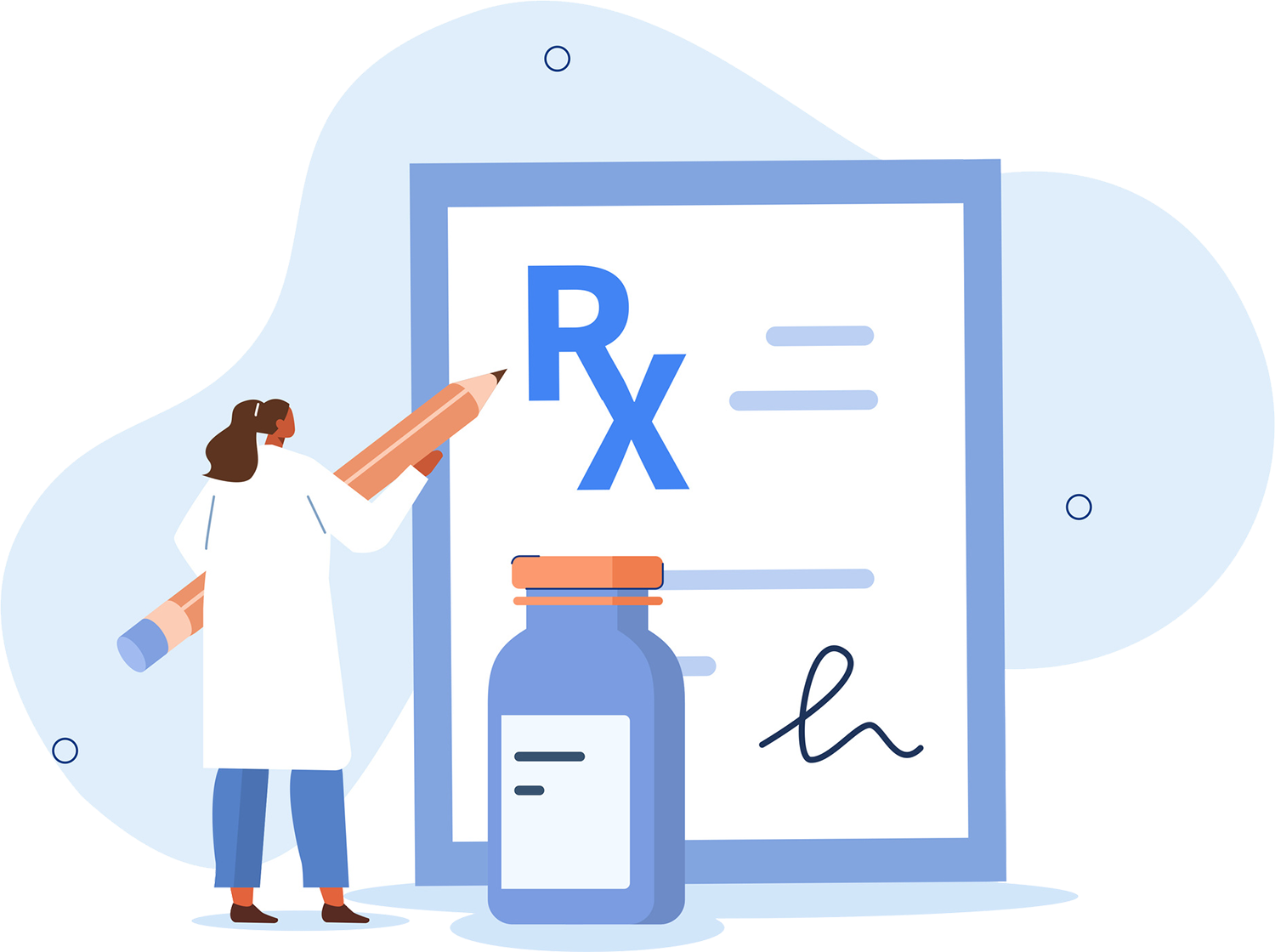 Dry January: What Your Cravings Are Trying to Tell You
Dry January: What Your Cravings Are Trying to Tell You
 Where Recovery Meets Community: The Power of Peer Support at Eleanor Health
Where Recovery Meets Community: The Power of Peer Support at Eleanor Health
 When Celebration Turns Stressful: Why Substance Use Rises During the Holidays
When Celebration Turns Stressful: Why Substance Use Rises During the Holidays
 Honoring Veterans: Our Commitment to Care Beyond Service
Honoring Veterans: Our Commitment to Care Beyond Service
 How to Support a Colleague If You’re Concerned About Substance Use
How to Support a Colleague If You’re Concerned About Substance Use
 Propranolol for Anxiety: What to Know
Propranolol for Anxiety: What to Know
 Is the “Feel Free” Drink Really Safe?
Is the “Feel Free” Drink Really Safe?
 Benefits of Online Addiction Treatment
Benefits of Online Addiction Treatment
 How to Stop Drinking Alcohol Safely: The Journey Towards Recovery
How to Stop Drinking Alcohol Safely: The Journey Towards Recovery
 How Does Suboxone Treatment Work?
How Does Suboxone Treatment Work?